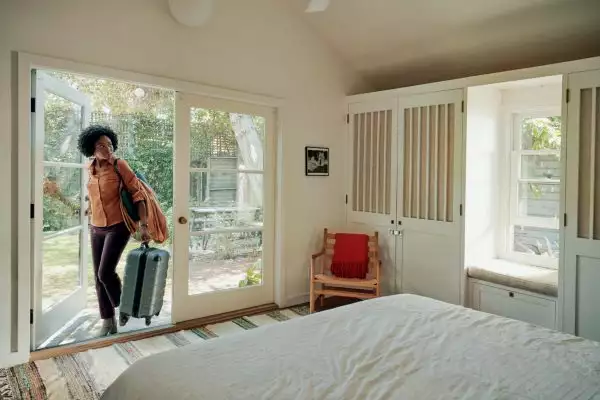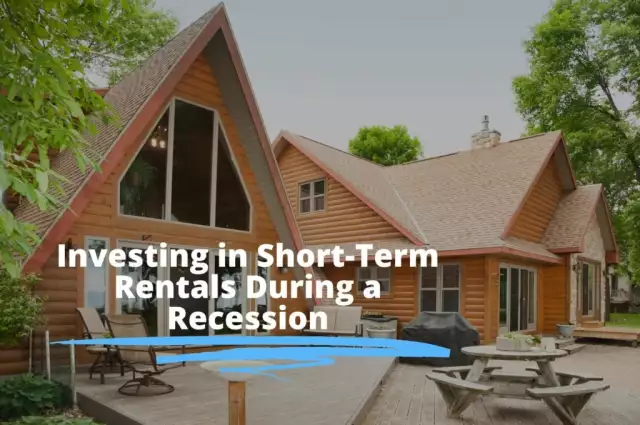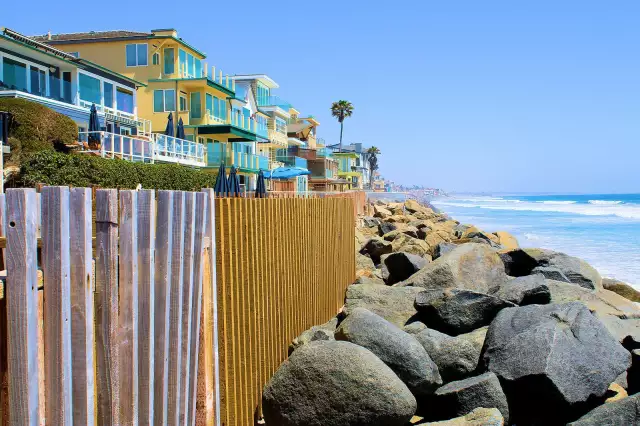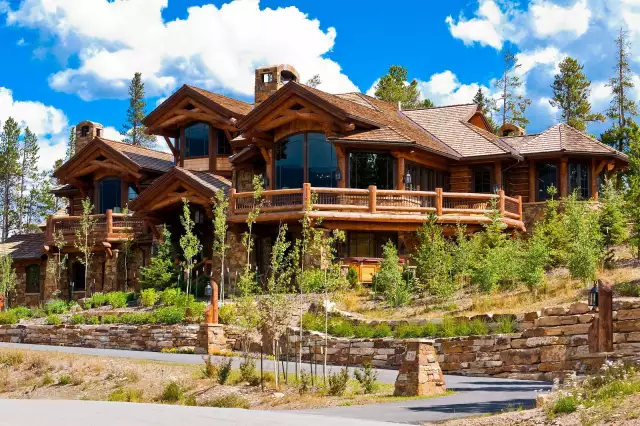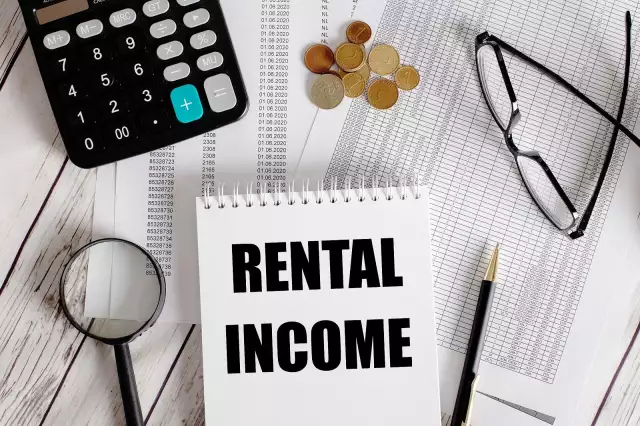How a Recession Will Affect Short-Term Housing Rentals
Contrary to popular opinion, short-term rentals have existed since the 1950s, although under the more straightforward title “vacation rentals.” The advent of an online marketplace dedicated to the short-term rental market had trickled in at dial-up speed in the mid-90s before taking off in recent years. For many multifamily owners, the rise of the short-term market represented something of a nuisance thanks to liability exposure and quality-of-life disruptions for the other tenants. But now, many are looking at short-term rentals with fresh eyes.
Short-term rentals have been on the rise for over a decade until they ultimately culminated into a boom during the aftermath of the COVID-19 pandemic. Pandemic-induced events like the switch to remote work and long stretches of recurring lockdowns meant that a huge swath of the workforce was no longer constrained to their homes and was free to work from wherever they pleased.
In context with the travel industry’s post-2020 recovery, the short-term rental industry was in a different league. Hotel chains like Hilton started seeing the light at the end of the tunnel as 2021 was drawing to a close with positive fourth-quarter earnings with revenue per room increasing by 60.4 percent from the previous year (we’re talking $73.65 dollars per room in 2021 compared to $46 dollars per room in 2020), but that was nowhere near pre-pandemic levels. Airbnb, on the other hand, exceeded pre-pandemic sales with a fourth-quarter revenue of $1.5 billion, a 38 percent increase from the same period in 2019.
There are plenty of reasons for multifamily owners to embrace short-term rentals, the first being how it can help bring in revenue on units that would have otherwise sat vacant. It frequently takes a property manager up to 12 months to lease up a high-rise multifamily complex after it is completed. This time frame can be painfully costly for owners, especially since they have just spent so much on construction. In order to combat this, start-ups like Placemakr sign contracts with developers to occupy vacant units for a brief period of time, creating temporary hotels within multifamily buildings. Once the unit is fully occupied, the start-ups leave the location. This kind of pivot has led to many property owners embracing the short-term rental trend.
Living a flexible lifestyle has become more common after the pandemic, but the thirst for experiential travel has also led to the growth of a new type of model. Private accommodation bookings in multifamily dwellings make up the majority of the short-term rental market, but in recent years, there has been a convergence of traditional property managers and hospitality providers. Companies like Sonder and Sentral have expanded upon the short-term model by offering traditional apartment units with the veneer of a luxury hotel room experience. Sonder owns and operates all of their properties so that the only people who stay in the units are the guests themselves, but Sentral, a proprietary managed home share program that teamed up with Airbnb last summer, is a homeshare business model that’s unique in that it offers longer stays for guests untethered by an office building.
Sentral allows residents the ability to home-share their units and the option to monetize their spaces. Meanwhile, guests can stay for a night, a month, or even a year in a designer-furnished or unfurnished residence, with the goal of giving visitors the feeling of “living like a local” in some of America’s urban bright spots. “We know people are yearning for interesting experiences,” said Lisa Yeh, Chief Operating Officer at Sentral, “and people are willing to pay more for those experiences.”
Companies that have tweaked the old-school model have given multifamily owners who were once hesitant to the short-term model reason to be intrigued. But even so, short-term leases can be advantageous for landlords since they enable rental rates to be modified more frequently in response to market circumstances. On the surface, the model looks like a win-win for property owners as demand for short-term rentals remains strong in the midst of a recession, but if the economy takes a plunge, property owners who lease on a short-term platform could be in trouble.
There are, of course, some downsides for property owners when it comes to venturing into the short-term model, even when the economy is thriving. Sure, property owners can take advantage of the short-term rental model to generate more revenue, but short-term rentals can experience higher wear-and-tear than long-term rentals, which means that property owners may need to devote more time and resources to maintaining and repairing the property. Not to mention the burden of purchasing extra insurance as standard policies may not provide adequate coverage.
Then there is the issue of community pushback. Turning a unit into a revolving door of visitors as opposed to a long-term tenant who will ingratiate themselves into the local community runs a greater risk of having people who are more likely to cause damage to the property or create a disturbance for neighbors. But against the backdrop of a nationwide housing shortage and a recession, short-term rentals may incite more ire. Short-term rentals have a history of being accused of stripping local communities of housing supply by way of commodifying residential real estate, especially in smaller cities that have fewer resources and housing stock. Airbnb has argued that not all short-term rentals stem from a reallocation of housing supply from long-term rentals to short-term rentals and that short-term rental platforms can encourage residential growth.
The balance of pros and cons can look even dicier when set on shaky economic ground. Vacation rental management software Hostaway claims that a short-term rental property can generate 2-3 times the amount of monthly rent compared to a long-term rental (that estimate hinges on the conditions of the property and local market demand), but that’s assuming that there will be enough tenants to rent the space in the interim. During a recession, people’s disposable income decreases, so spending cuts need to be made. What’s the first to go? Travel and leisure.
There’s the domino effect of increased competition that can happen when more property owners find themselves strapped for cash and decide to take the short-term rental leap. The reality of supply outpacing demand is already happening. According to AirDNA, the total supply of short-term rentals has skyrocketed since 2020, creating a record-high number of listings. AirDNA predicts an ongoing rise in terms of the number of listings available in 2023, although occupancy is predicted to drop once again as a result of supply expanding faster than demand.
Oversupply and the expectation of a recession just around the corner has the market outlook for the short-term rental market to fall beneath its meteoric rise, but AirDNA still sees a small altitude of growth. Demand is certain to dampen this year, but projections are based on the idea that we’ll only be dipping into a mild recession over the next twelve months. While many economists expect this year’s downturn to be brief with very little sting, David Kelly, chief global strategist at J.P. Morgan Asset Management, isn’t convinced. “The risk of a near-term recession is climbing. However, such a recession would be more like sliding into an economic swamp than falling off an economic cliff. While a ‘swamp’ recession wouldn’t be very deep, the economy would likely struggle to get out of it,” he said. “Given the lags with which interest rates impact both housing and trade, it is unlikely that the economy would pick up much pep in early 2024.”
Even with this bleak expectation, titans in the short-term rental industry don’t find the idea of an economic downturn all that vexing, even if it’s going to be worse than initially predicted. Nate Blecharczyk, Airbnb’s co-founder and chief strategy officer, believes his company’s short-term rental model is completely recession-proof. “For most businesses, a recession is never a good thing, and I would never wish for something that is not good for others,” he said before adding, “I think actually we would thrive in a recession.” Airbnb’s seismic bounce-back in the aftermath of the COVID-19 pandemic certainly helps prove Blecharczyk’s prediction, but there is still plenty of reason to think that the market isn’t as bulletproof as he thinks.
Overall, during a recession, the short-term rental market can be a risky venture for property owners. They may find it difficult to generate sufficient revenue and may be exposed to additional risks, such as legal and regulatory issues as well as credit risks. It’s important for multifamily property owners to carefully consider the state of the economy and the potential risks and rewards before deciding to incorporate short-term rentals into their strategy. Short-term rentals have been around for a while, but there is a limit to their growth.

